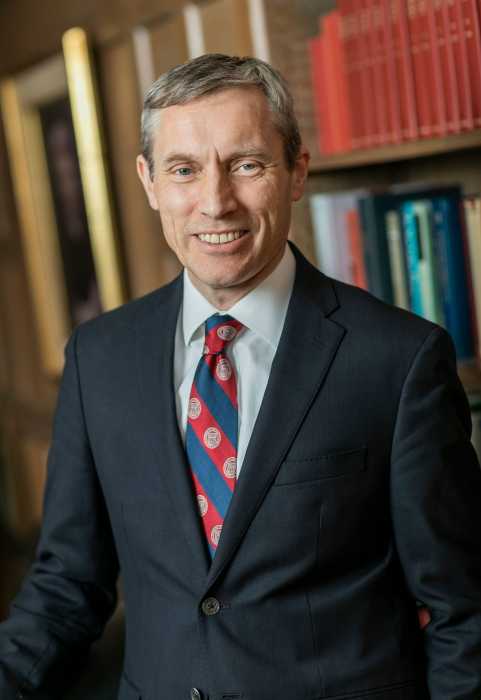Alexander Colvin, Ph.D., ’99, is the Kenneth F. Kahn ’69 Dean and the Martin F. Scheinman ’75, M.S. ’76, Professor of Conflict Resolution at Cornell University’s New York State School of Industrial and Labor Relations. The preeminent education institution in the world focused on work, labor and employment, the ILR School was founded by the New York State Legislature in 1945 and focuses much of its research, teaching and outreach on issues of particular concern to communities and individuals statewide.
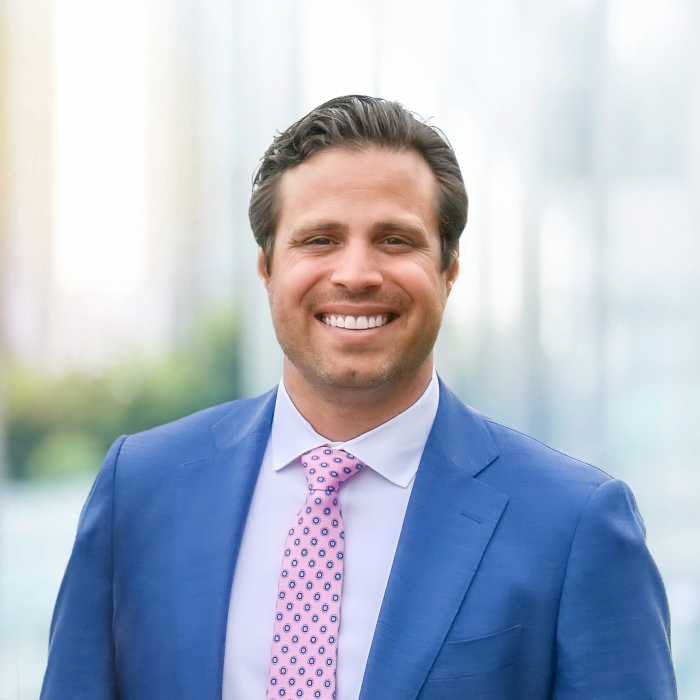
Jim Conigliaro, Jr.
Founder and Executive Chair, Independent Drivers Guild

Jim is a labor lawyer and founder of the Independent Drivers Guild, an affiliate of the Machinists Union. Jim began his career with the Machinists as an organizer and subsequently as a director and general counsel after graduating from St. John’s University School of Law. Jim held various leadership roles, representing thousands of members through organizing, collective bargaining, and political campaigns. In 2016, Jim founded the IDG to represent app-based drivers, which has successfully diverted over $1 billion dollars back to workers and advocates for gig workers across the Northeast.
What sector does your union service (healthcare, construction, etc.)?
Transportation. We represent app-based, for-hire vehicle drivers, primarily Uber and Lyft drivers, who number over 200,000 in New York State alone. Uber has one of the largest private sector workforces in the state.
What are the benefits that unions (your particular union, if applicable) offer their members?
Being part of the Guild has given rideshare drivers the power to win big changes that have put over $1 billion dollars directly in their pockets. Our members have critical health and safety benefits and support to fight unfair policies and deactivations.
What brought you to organizing and/or the issue of worker advocacy?
When we allow big corporations to pay poverty wages, it hurts families, our communities, the economy, and taxpayers. It benefits all of us to have fair pay and benefits for all New Yorkers.
How will New York’s labor force evolve in the next five years?
New York needs to lead the way to a better future for all workers, including gig workers, and an economy that works for everyone by implementing innovative policies on the state level that can then be expanded nationally.
What kind of impact does organized labor have on local communities?
A rising tide lifts all boats and that’s how unions strengthen our communities. By winning a pay raise of nearly $1 billion per year for 80,000 low-income New York City families, we kept the fruits of our labor here instead of enriching wealthy investors.
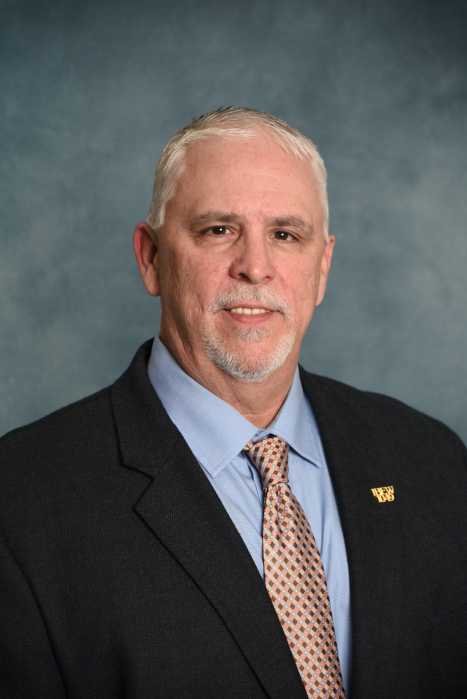
Jim Cooper
President, IBEW Local 1049

International Brotherhood of Electrical Workers Local 1049 Union President Jim Cooper has been a labor leader for over 18 years and has worked in the utility industry for over 35 years. Growing up in a large family with seven siblings and parents who worked very hard to provide for them, he learned a sense of family and unity. Working for an ever-changing industry under constant political pressure and bargaining with big utility companies has only strengthened his resolve to protect the rights of the hard-working middle-class America.
What sector does your union service (healthcare, construction, etc.)?
Utility.
What are the benefits that unions (your particular union, if applicable) offer their members?
Protection of workers’ rights and benefits.
What brought you to organizing and/or the issue of worker advocacy?
The erosion of middle-class America.
How will New York’s labor force evolve in the next five years?
We will see the unionized labor force grow.
What kind of impact does organized labor have on local communities?
Better wages and working conditions will strengthen them.
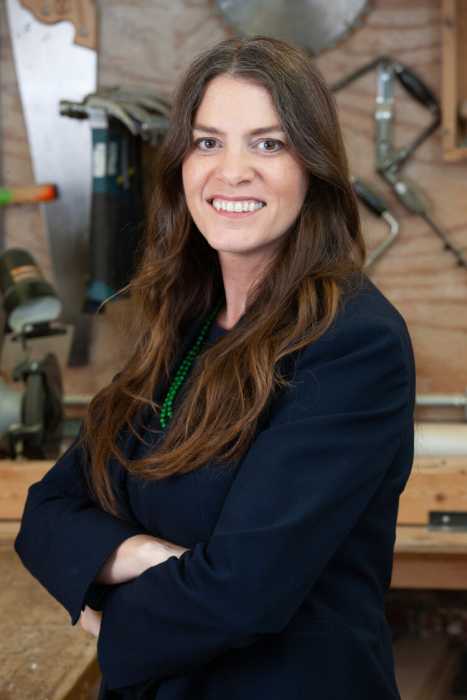
Kathleen Culhane
President, Nontraditional Employment for Women

Kathleen Culhane has over 20 years of experience developing, implementing, and expanding successful programmatic efforts for low-income New Yorkers. Kathleen was appointed president of Nontraditional Employment for Women in November 2014 and has been with NEW since 2007. Kathleen leads the organization to meet ambitious programmatic and fundraising goals and has been instrumental in the creation of many innovative programs, securing NEW as a national model for advancing women in the building and construction trades. NEW has made considerable progress in increasing opportunities for women in apprenticeships.
What sector does your union service (healthcare, construction, etc.)?
Construction.
What are the benefits that unions (your particular union, if applicable) offer their members?
Free preapprenticeship training program for women, transgender, and nonbinary individuals in NYC.
What brought you to organizing and/or the issue of worker advocacy?
Union construction work offers excellent wages, benefits, and apprenticeships – pathways to the middle class. NEW’s free preapprenticeship training program equips low-income women and girls with the skills to succeed in a trades career.
How will New York’s labor force evolve in the next five years?
NEW believes that equitable economic opportunities for tradeswomen means increasing the stability and efficiency of long-term construction by advocating for diversity goals on projects.
What kind of impact does organized labor have on local communities?
Construction and New York City’s unionized building trades continue to grow and create jobs, even for those with only a high school equivalency. These jobs have an average annual wage of approximately $67,000, health and retirement benefits, and access to a pension.
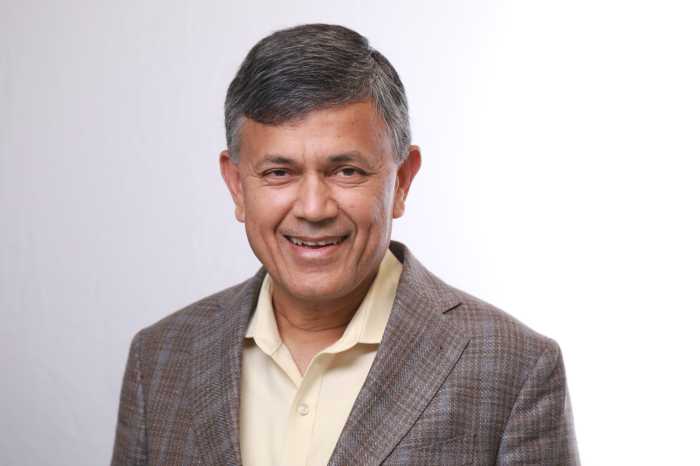
Vijay Dandapani
President and CEO, Hotel Association of New York City

Mr. Dandapani is a hotel industry veteran who co-founded Apple Core Hotels. He was appointed president and CEO of the Hotel Association in January 2017. He is an active participant in the hospitality industry and has spoken on hospitality issues at many forums sponsored by organizations such as the Lodging Conference in Phoenix, and the ALIS conference. As part of New York’s response to the COVID crisis, Mr. Dandapani was also appointed by Governor Cuomo to the New York Forward Advisory Board, which was tasked with guiding the state’s reopening strategy.
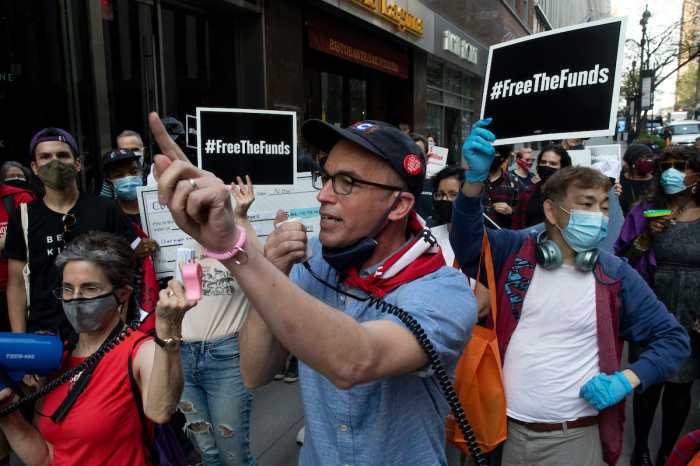
James Davis
President, Professional Staff Congress CUNY

James served for six years as PSC chapter chair at Brooklyn College, where he is an English professor. A longtime PSC activist, he was drawn to organizing with students and colleagues 17 years ago to prevent tuition hikes and military recruitment on campus. He helped wage successful chapter campaigns for health and safety, academic freedom, union membership, adjunct equity, anti-racism and cross-title solidarity. He has led lobbying teams in Albany and demonstrations in the streets.
What sector does your union service (healthcare, construction, etc.)?
Higher education.
What are the benefits that unions (your particular union, if applicable) offer their members?
The PSC has successfully fought for wage increases, paid family leave, equity gains and other contractual advances. We also have a robust workplace grievance process for our members.
What brought you to organizing and/or the issue of worker advocacy?
Seeing the challenges my colleagues and CUNY students face and their potential to flourish has truly galvanized my organizing and activism at the PSC and CUNY.
How will New York’s labor force evolve in the next five years?
Across the country and here in New York, we’ve seen organized labor expand and mobilize like we haven’t seen in the years before the pandemic. I hope and expect that labor will grow in numbers and leverage the collective power of working people.
What kind of impact does organized labor have on local communities?
The actions that labor takes and their standing as institutions of collective power have a direct impact on the communities we live and work in. When the PSC fights for a better CUNY for members, we’re also fighting for a better CUNY for all New Yorkers.
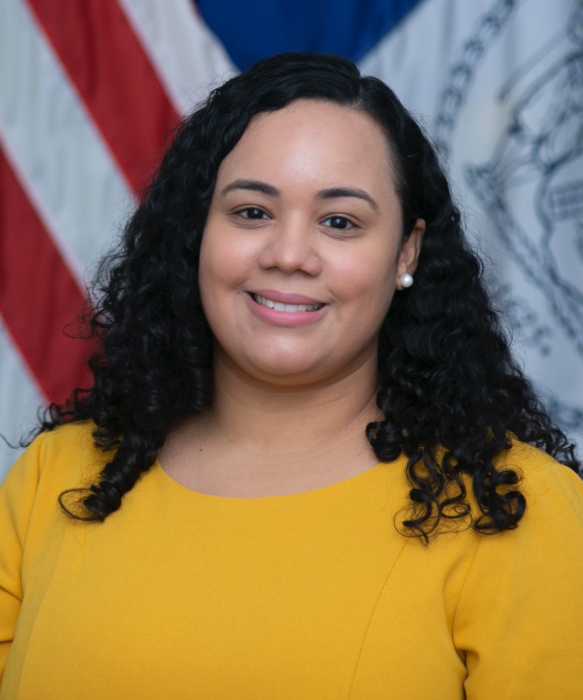
Carmen De La Rosa
Chair of the Civil Service and Labor Committee, New York City Council

Carmen De La Rosa is a New York City Councilmember for District 10, representing Washington Heights, Inwood, and Marble Hill in Upper Manhattan. She is committed to building a community-driven government rooted in the principles of co-governance and participatory democracy. Councilmember De La Rosa is chair of the Civil Service and Labor Committee, focusing her efforts on improving the rights of workers in her district and across New York City.
What sector does your union service (healthcare, construction, etc.)?
Chair of the Committee on Civil Service and Labor, New York City Council.
What brought you to organizing and/or the issue of worker advocacy?
Growing up, my mother was a home health aide and a member of a union. At the time when my father fell ill, my mother became the sole breadwinner and my mother’s union jobs and benefits allowed for us to thrive even under dire financial realities. My upbringing has shaped my thirst for seeking justice, especially for those most marginalized. In my time serving in the New York Assembly, I was appointed to the labor committee. In that role, I strove to highlight the plight of construction workers who faced unsafe conditions and death across construction sites in our state. I am proud to have authored along with workers, advocates, and State Senator Jessica Ramos, legislation to create the Fund for Excluded Workers. A just recovery from the COVID-19 pandemic must include relief for all workers.
How will New York’s labor force evolve in the next five years?
First and foremost, the COVID-19 pandemic has expedited overall awareness of what unions can do for their members. The pandemic has changed the way the general public thinks about work, whether that means working from home for some, reducing unjust work hours, or providing benefits. I believe the future of New York’s labor force will continue to grow but this time more intentionally than before. We will see more opportunities for young people, women, members of the LGBTQIA+ community, and people of color not only to have access to employment but safe and supportive work environments. We should expect to see a broader emphasis and expansion on non-traditional education like trade school which will lead to a broader labor and trades workforce for our city, and the transition away from fossil fuels, creating Green New Jobs and the green economy. New sectors of the economy such as gig workers should be empowered. Additionally, big corporations are now starting to see an increase in organized labor such as the recent Amazon and Starbucks unionization.
What kind of impact does organized labor have on local communities?
Organized labor is a crucial part of growing economic power and resiliency, increasing benefits and building collective bargaining power which in turn reduces income inequality drastically as a result. Stronger unions mean stronger communities. Unions have served as pathways to the middle class in New York City for decades. Organized labor means better benefits so families can stay home with their children, increased wages so individuals and families can put food on the table, more successful worker-centric policies, and even aid in reducing racial and gender disparities due to structural sexism and segregation.
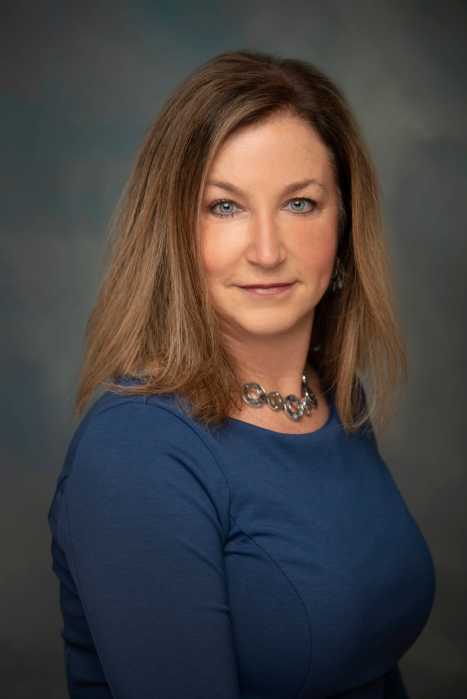
Samantha DeRiso
President, Central New York Labor Council

Samantha’s career started in May of 1989 as a medical file clerk for UFCW Local One’s Health Care Fund. Samantha’s career grew with her over the next several years from administrative secretary to full time organizer. She was elected as the first female president of CNY Labor Council in the State of New York. She enjoys working with all the various labor leaders that are active in the Labor Council. Samantha has been active with several local charity organizations. She loves to travel, do yoga, cook, and is an avid hockey mom.
What sector does your union service (healthcare, construction, etc.)?
Retail, food, healthcare, packing house, bus companies.
What are the benefits that unions (your particular union, if applicable) offer their members?Employer-paid healthcare.
What brought you to organizing and/or the issue of worker advocacy?
Knowing I can help change working families’ lives with better working conditions and high wages is a fulfilling moment and the best part of my job.
How will New York’s labor force evolve in the next five years?
I believe we will see the gig economy and young college student workers form and join unions to make a long-standing workforce with sustainable wages and benefits.
What kind of impact does organized labor have on local communities?
Unions give back to the community in so many ways: local food and pantry drives; volunteering to build and shape the communities where we work and live; giving donations to young children that provide growing opportunities that can make a difference.
Bhairavi Desai
President, New York Taxi Workers Alliance
Bhairavi Desai serves as president of the New York Taxi Workers Alliance, a labor organization founded in 1998 and representing 21,000 yellow cab, green car, black car, and app-dispatched drivers. The NYTWA aims for justice and worker protections for drivers, and in 2012 the union won an income raise, regulations for taxi companies, and a Health and Disability fund for drivers. NYTWA also provides free or discounted legal assistance, financial management, and health services to thousands of drivers and their families.
Noel DiGerolamo
President, Suffolk County Police Benevolent Association
In his capacity as president of the Suffolk County Police Benevolent Association, Noel DiGerolamo is responsible for all management and budget decisions, as well as negotiating the collective bargaining agreements. Mr. DiGerolamo is also chairman of the board of the PBA Benefit Fund, which provides resources to over 5,000 active and retired members. Mr. DiGerolamo was first elected a union delegate in 1999 and has served as president of the PBA since April 2012.


